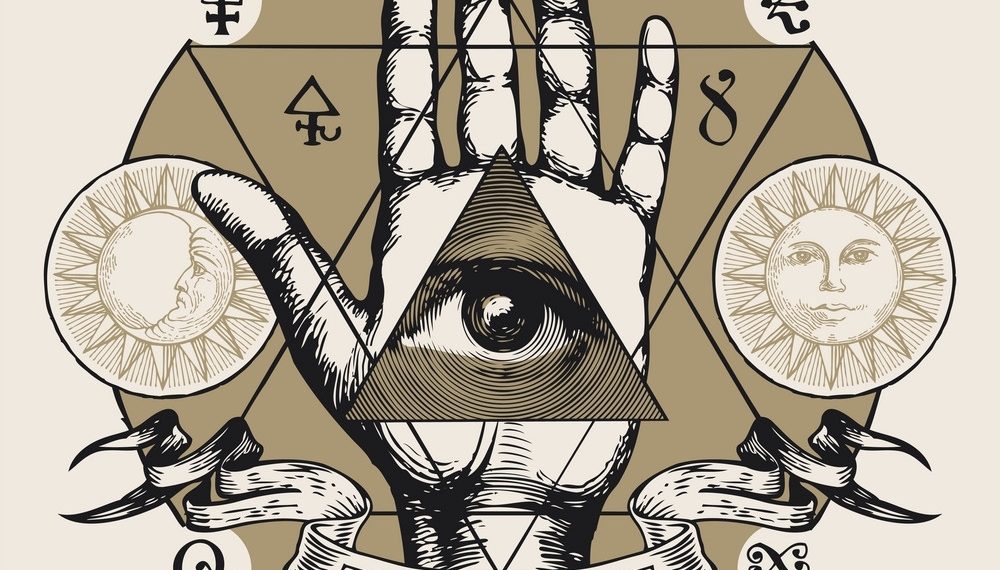
At the U.S. Commission on International Religious Freedom (USCIRF) 25th anniversary symposium, first-term Congressman Jonathan Jackson rose to plead for peace in Israel. Quoting the familiar New Testament Beatitude, “Blessed are the peacemakers for they shall be called sons of God,” Jackson—the son of Reverend Jesse Jackson—noted that the passage says “peacemakers,” not “peacekeepers.”
He said, “Somewhere we must stop the cycle of pain.”
He said, “Try to see things through God’s eyes.”
He gave examples of how hostages were released and cease-fires effected in the past through the intervention of people of faith.
He said, “I implore you to use diplomacy and give peace a chance.”
He quoted Rabbi Abraham Heschel who had stood side-by-side with Dr. King in Selma: “The prophets give us hope. The politicians can stir fear. When faith is completely replaced by creed; worship by discipline, love by habit; when the crisis of today is ignored because of the splendor of the past; when faith becomes an heirloom rather than a living fountain; when religions speak only in the name of authority, rather than with the voice of compassion—its message becomes meaningless.”
He sat down to generous applause.
Departing from the program, USCIRF’s chair, Rabbi Abraham Cooper, rose and thanked the congressman for his honesty and gently rebutted his New Testament words with Ecclesiastes, Chapter 3 which teaches that there is “a time for war, and a time for peace.”
“When there is a time when we are confronted with absolute evil, deal with that,” Rabbi Cooper said, “and then, yes, bring all the peacemakers. But the Old Testament instructs us to deal with absolute evil when faced with it. As a rabbi I had to share.”
He, too, sat down to generous applause.
We all want peace—generous applause—but we all recognize the necessity to win a war for our very existence—generous applause. Can we have it both ways?
A week after the 9/11 attacks I took part in a televised interfaith symposium. Toward the end, a very unfair question was posed to the assembled representatives of different religions: “If you were in a room with Osama bin Laden, what would you say to him?”
The answers were all very kind, eloquent, unreal—and expected. Time ran out before they had a chance to ask me the same question. Lucky for them, because my answer likely would have been, “I would have screamed bloody murder, and escaped, if possible; called the cops or the National Guard if I could—but in any case, there’s no negotiating with or pearls of wisdom you can drop on a monster and expect anything less than what a monster would do. That is, after all, his job as a monster.”
My sister and her family live in Israel. I talk to her daily. She is afraid, her husband and children are afraid. Her little 6-year-old grandchild—with whom I played peek-a-boo to the point of her rolling around on the floor shrieking with laughter this past spring—is afraid.
My sister’s niece’s family lived in one of the villages that were attacked on Day One—most of the inhabitants were slaughtered or taken captive. We didn’t hear from them for over 24 hours, not knowing their fate. Finally, they sent word that they had escaped barely in time and were safe for now.
In a phone call to my sister last week, she mentioned that air raid sirens order them all into their safe rooms, and then after an hour or so, another siren sounds the all-clear. By law, every residence in Israel must have a safe room—a bomb-proof shelter to seek refuge from missiles, gas, rockets or other instruments of destruction from Israel’s neighbors.
I told her of some of the debates going on here in America. It’s this person’s fault, it’s that group’s fault. They should have done this. They shouldn’t have done that. She answered, “Count your blessings that you have the luxury to chat and discuss. We’re just trying to live another day.”
Do I want Hamas and its cronies to break their swords into plowshares and their spears into pruning hooks? Of course. Would l like everyone to shake hands and go home? Absolutely. Do I think that’s going to happen? Um. No.
For me it’s personal. And for many American Jews, it’s personal.
Yes, I applauded Congressman Jackson’s eloquent and heartfelt plea for peace.
I also applauded Rabbi Cooper’s gracious yet firm remonstrance that absolute evil must be dealt with first.
I think I applauded harder at that.
Blog contributed by Lew Morningstar
_______________
From its beginnings, the Church of Scientology has recognized that freedom of religion is a fundamental human right. In a world where conflicts are often traceable to intolerance of others’ religious beliefs and practices, the Church has, for more than 50 years, made the preservation of religious liberty an overriding concern.
The Church publishes this blog to help create a better understanding of the freedom of religion and belief and provide news on religious freedom and issues affecting this freedom around the world.
The Founder of the Scientology religion is L. Ron Hubbard and Mr. David Miscavige is the religion’s ecclesiastical leader.
For more information, visit the Scientology website or Scientology Network.
DOWNLOAD THE WHITEPAPER

